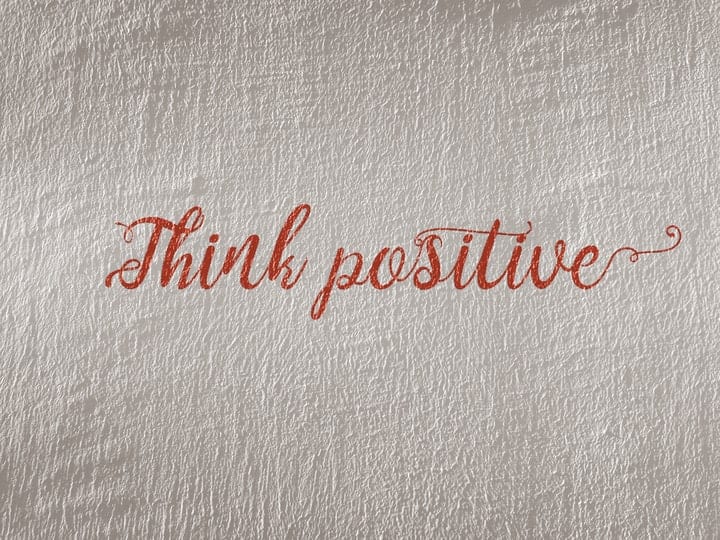8 Thinks You Should Not Do Everyday
Every day, make the commitment not to

If you get decent value from making to-do lists, you will get huge returns--in productivity, in improved relationships, and in your personal well-being--from adding these things to your not to-do list:
Every day, make the commitment not to:
1. Check my phone while I'm lecture someone.
You've done it. You've played the, "Is that your phone? Oh, it must be mine," game. You've tried the you-think-sly-but-actually-really-obvious downwards glance. You've done the, "Wait, let me answer this text..." thing.
Maybe you didn't even say, "Wait." you only stopped talking, stopped listening , and did it

.
Want to face out? Want to be that person everyone loves because they create you are feeling , when they're lecture you, like you are the most vital person within the world?
Stop checking your phone. It doesn't notice once you aren't listening .
Other people? They notice.
And they care.
2. Multitask during a gathering .
The easiest thanks to be the neatest person within the room is to be the one that pays the foremost attention to the space .
You'll be amazed by what you'll learn, both about the subject of the meeting and about the people within the meeting if you stop multitasking and begin paying close attention. You'll flush out and understand hidden agendas, you'll spot opportunities to create bridges, and you will find ways to form yourself indispensable to the people that matter.
It's easy, because you will be the sole one trying.
And you'll be the sole one succeeding on multiple levels.
3. believe people that don't make any difference in my life.
Trust me: The inhabitants of planet Kardashian are okay without you.
But your family, your friends, your employees--all the folks that really interest you--are not. Give them some time and a spotlight .
They're those who deserve it.
4. Use multiple notifications.
You don't got to know the moment you get an email. Or a text. Or a tweet. Or anything that pops abreast of your phone or computer.
If something is vital enough for you to try to to , it is vital enough for you to try to to without interruptions. Focus totally on what you're doing. Then, on a schedule you set--instead of a schedule you let everyone else set--play prairie marmot and pop your head to ascertain what's happening.
And then get right back to figure . that specialize in what you're doing may be a lot more important than that specialize in people could be doing.
They can wait. You, and what's truly important to you, cannot.
5. Let the past dictate the longer term .
Mistakes are valuable. Learn from them.
Then allow them to go.
Easier said than done? It all depends on your perspective. When something goes wrong, turn it into a chance to find out something you didn't know--especially about yourself.
When something goes wrong for somebody else, turn it into a chance to be gracious, forgiving, and understanding.
The past is simply training. The past should definitely inform but in no way define you--unless you let it.
6. Wait until I'm sure i will be able to succeed.
You can never feel sure you'll succeed at something new, but you'll always feel sure you're committed to giving something your best.
And you'll always feel sure you'll try again if you fail.
Stop waiting. you've got tons less to lose than you think that , and everything to realize .
7. Talk behind someone's back.
If only because being the main target of gossip sucks. (And so do the people that gossip.)
If you've talked to quite one person about something Joe is doing, wouldn't everyone be more happy if you stepped up and truly talked to Joe about it? And if it's "not your place" to speak to Joe, it's probably not your home to speak about Joe.

Spend some time on productive conversations. you will get tons more done--and you'll gain tons more respect.
8. Say "yes" once I really mean "no."
Refusing an invitation from colleagues, customers, or maybe friends is basically hard. But rarely does saying no go as badly as you expect. most of the people will understand, and if they do not , do you have to care an excessive amount of about what they think?
When you say no, a minimum of you will only feel bad for a couple of moments. once you say yes to something you actually don't need to try to to you would possibly feel bad for an extended time--or a minimum of as long because it takes you to try to to what you didn't want to try to to within the first place
About the Creator
Samyog kandel
I am a passionate writer, trying to inspire other through my story..





Comments
There are no comments for this story
Be the first to respond and start the conversation.